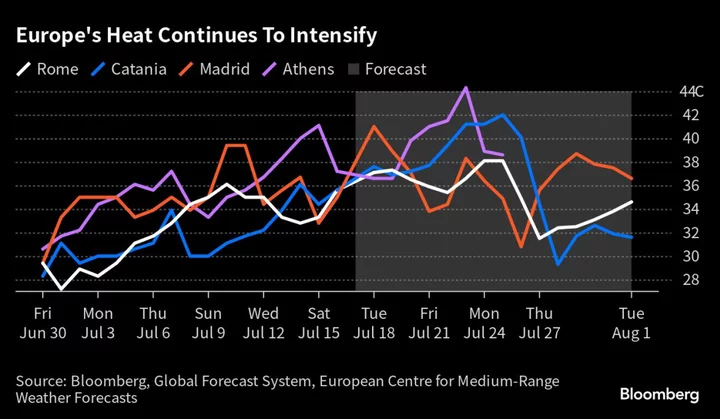
New Saharan Heat Blast Spells More Extremes for Southern Europe
The heat wave engulfing the Mediterranean is set to intensify as another Saharan anticyclone threatens record temperatures from
2023-07-17 17:27
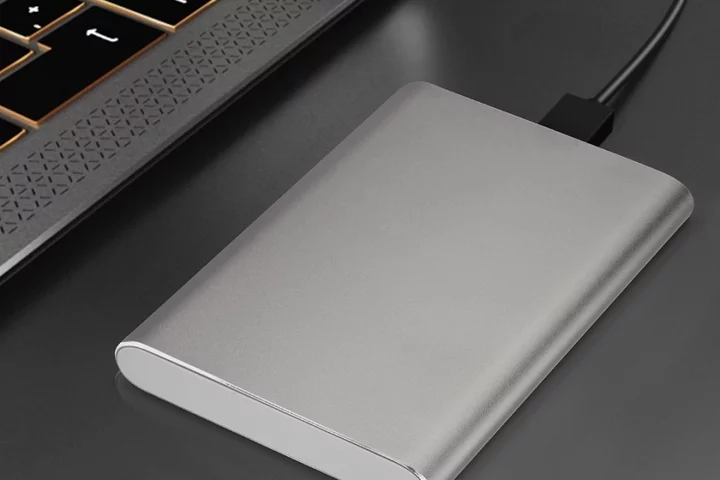
Secure your files with a portable 1TB hard drive, on sale
TL;DR: As of June 9, get this 1TB Portable External Hard Drive for only $56.99
2023-06-09 17:56

Iraq switches off electronic billboards after hacker broadcasts porn to Baghdad passers-by
Iraqi authorities have switched off electronic advertising boards in Baghdad after pornographic footage was broadcast on one of the screens.
2023-08-21 18:48
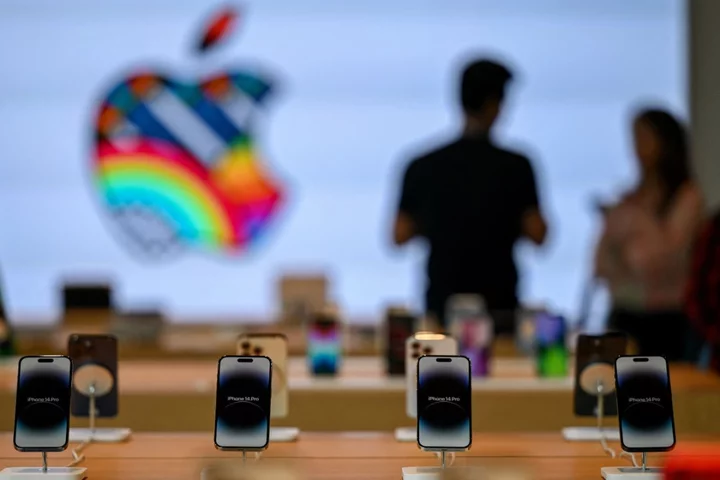
iPhone 15 price: New Apple handset could be by far most expensive ever
Apple’s upcoming iPhone 15 Pro Max could be easily its most expensive ever, according to numerous reports. A number of analysts have suggested that Apple could push the price of the more expensive phones up by $200, partly as a response to inflation but also because of a new strategy. Rumours have suggested that Apple is looking to offer new options at the very expensive end of its line-up, in an attempt to encourage growth of its profits. Tim Cook, Apple’s chief executive, appeared to confirmed that strategy during an earnings call earlier this year in which he said that he thought “people are willing to really stretch to get the best they can afford in that category”. Apple has already seemingly attempted that strategy with the Apple Watch Ultra, a new and more expensive version of the wearable, which was released last year. It was a marked change from previous releases, which have seen Apple offer cheaper “SE” versions of the Watch and iPhone, as well as much smaller handsets. Various reports have suggested that Apple is planning to do the same with its iPhone line-up. That could eventually bring an “Ultra” version of the iPhone, reports have suggested, presumably with premium features and other changes intended to encourage customers to buy it. This time around, however, Apple will offer the same line-up as it did with the iPhone 14: a smaller and larger version of both the normal iPhone 15 and the premium iPhone 15 Pro. The larger version of the latter – the iPhone 15 Pro Max – will be the most expensive. This year, the iPhone 15 Pro Max could have even more features that set it apart from the rest of the line-up. Rumours have indicated that Apple is adding a “periscope lens” to the larger phone, which would allow it to offer more zoom without taking up more space. Numerous analysts and reports have suggested that those changes could bring additional cost to the price of the iPhone. The iPhone 14 Pro Max currently costs $1,099 and the new model could be $200 more than that, analysts have indicated. The changes are also set to raise the average selling price of an iPhone, according to a new report from analyst Dan Ives at Wedbush and reported by 9to5mac. It would take the average selling price to $900-$925, he suggested. Apple will reveal the new iPhones – and their price – at an event on Tuesday, 12 September. They are expected to go on sale the following week. The base iPhone 15 is expected to largely be brought in line with the current iPhone 14 Pro, borrowing its chip and the “Dynamic Island” at the top of the display. The iPhone 15 Pro is expected to get a new, more powerful chip, thinner bezels around the display, and an “action button” on the side of the phone. Apple is also expected to move the port at the bottom of of all the new phones from the current Lightning to USB-C. Read More Could China be about to take a big bite out of Apple’s iPhone business? Update your iPhone immediately Apple is dropping leather from iPhone cases and Watch bands, report claims
2023-09-09 00:26
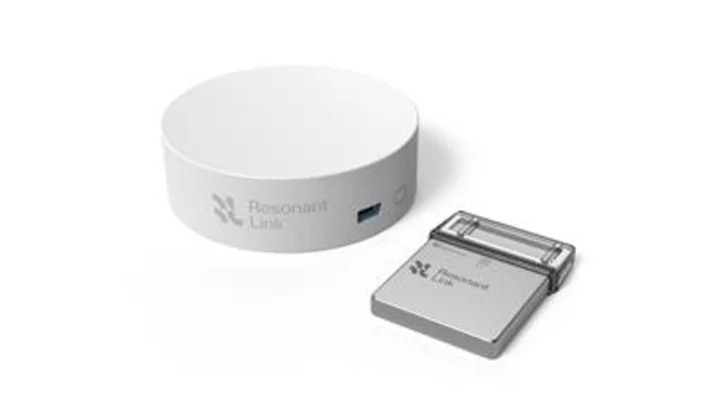
Resonant Link Unveils World’s Fastest and Easiest-to-Use Wireless Charging for Titanium Can Implants, Delivers the Charging Patients Want
BOSTON--(BUSINESS WIRE)--May 10, 2023--
2023-05-10 20:25
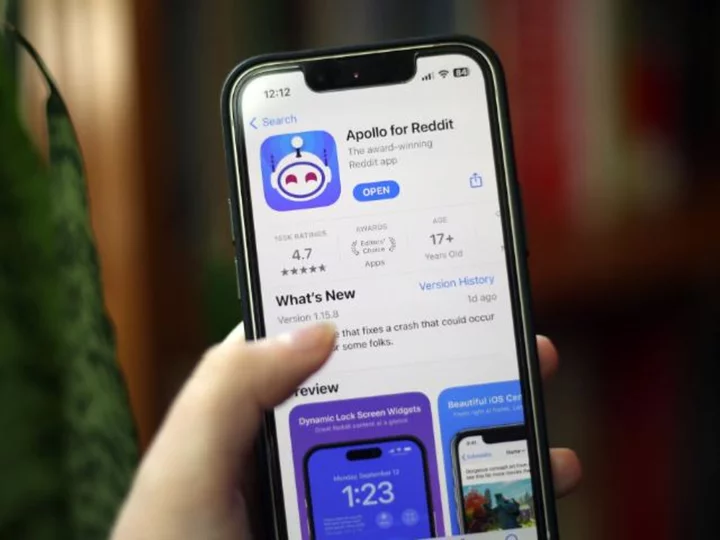
Reddit sparks outrage after a popular app developer said it wants him to pay $20 million a year for data access
Twitter has been widely criticized for trying to charge transit agencies, third-party app developers and academics for data access to its platform, a move opponents say has forced independent apps to shut down and threatened research on misinformation and hate speech.
2023-06-02 01:58
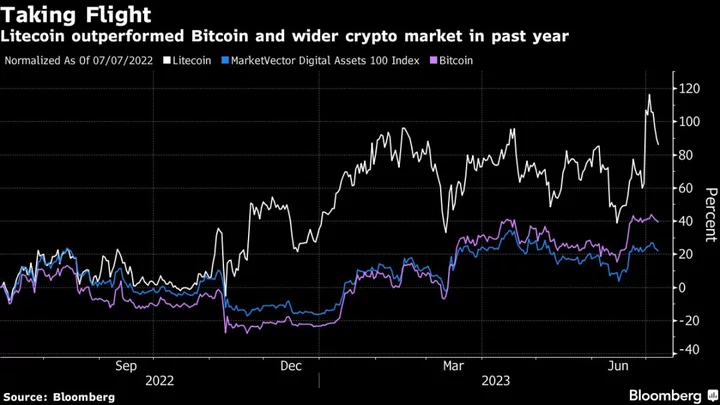
Bitcoin Bulls Take Heart From Litecoin’s Market-Beating Surge
Bitcoin investors are drawing succor from a surge in the smaller token Litecoin over the past year that
2023-07-10 07:18
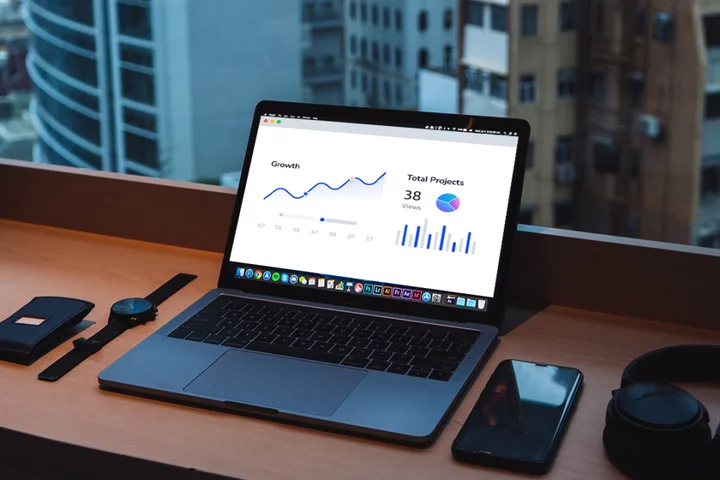
Manage your business for life with this $49.99 app
TL;DR: As of September 17, get the Zerrio Ultimate All-In-One Business Management Toolkit (Lifetime Subscription)
2023-09-17 17:26
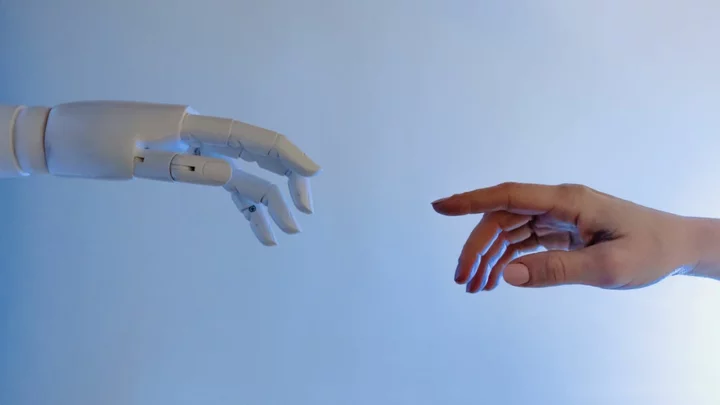
AI Experts Warn Artificial Intelligence Poses 'Risk of Extinction'
A long list of AI scientists, engineers, and other notable figures have signed a statement
2023-05-30 20:48

LTK Creator Guided Shopping App Launches Dedicated Destination for Deals to Shop Creators’ Top Sale Finds
DALLAS--(BUSINESS WIRE)--Jul 6, 2023--
2023-07-06 22:20
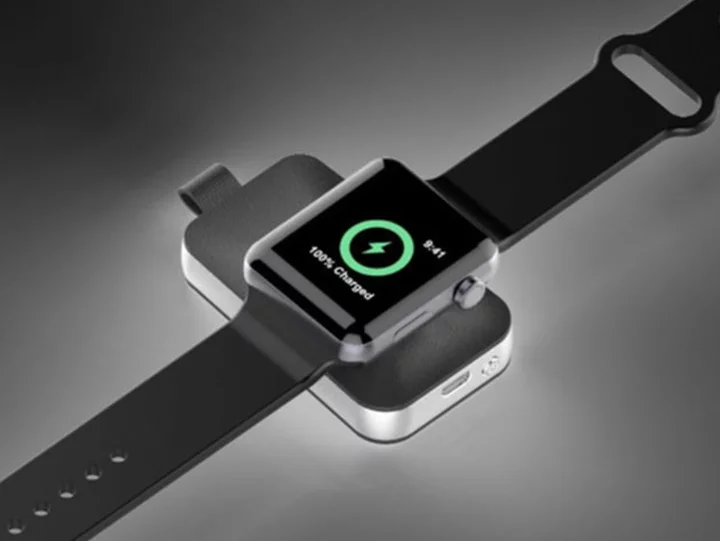
Get this handy wireless Apple Watch keychain charger for $15
TL;DR: As of July 7, get this Apple Watch Wireless Charger Keychain for just $14.97
2023-07-07 17:47
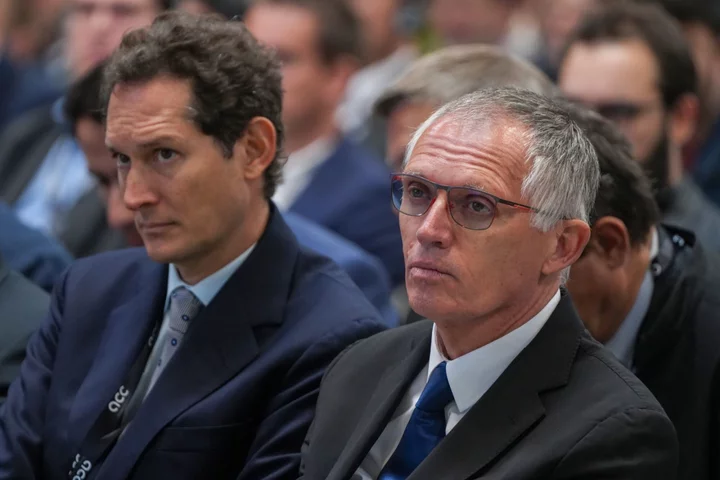
France’s Top Carmaker Envies Tesla as the Country Woos EV Rivals
Elon Musk got the red-carpet treatment when the Tesla Inc. chief executive officer visited France in mid-May. A
2023-07-06 20:25
You Might Like...

Prosecutors in all 50 states urge Congress to strengthen tools to fight AI child sexual abuse images
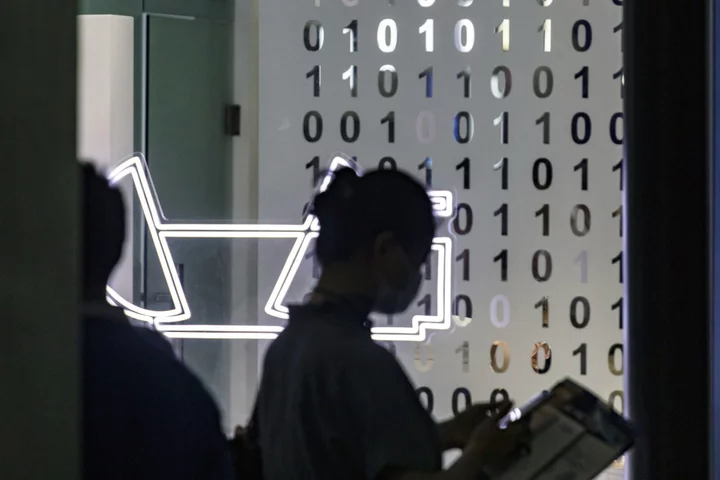
TikTok-Owner Tests ChatGPT-Style Bot After Joining China AI Race

Warzone 2 Ranked Bans Cluster Mines and Bomb Drones

Major finding on Saturn’s moon Enceladus boosts hope for finding alien life in our solar system
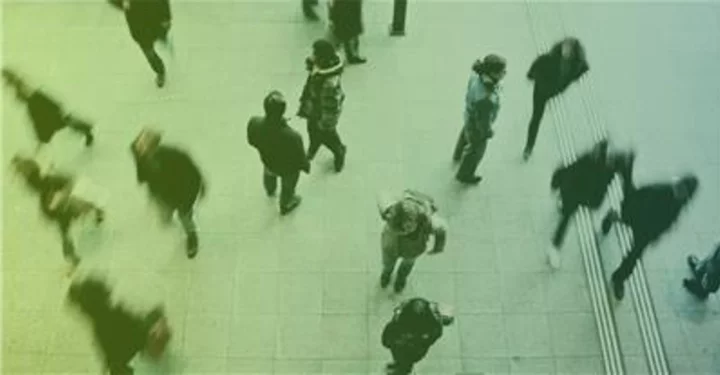
RightRev Raises $12 Million in Funding to Help Companies Automate Revenue Recognition
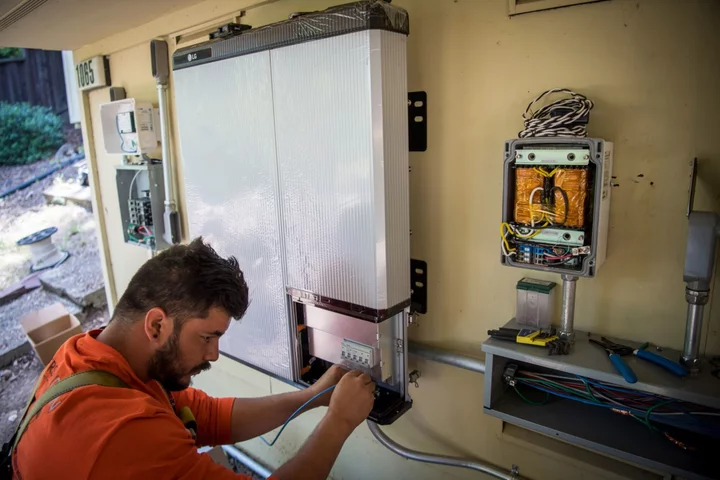
US States Can Finally Start Applying for IRA Incentive Money
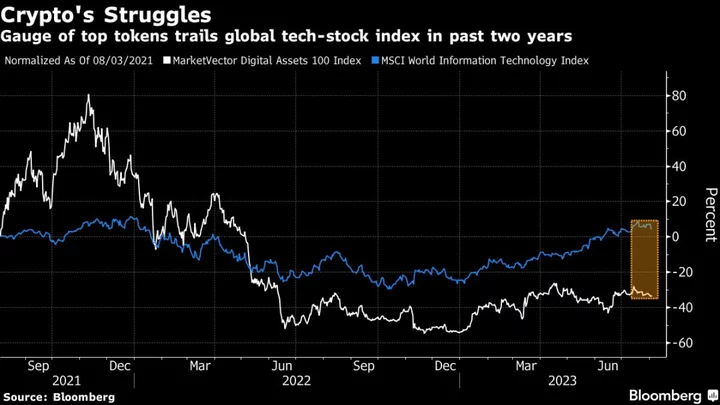
Hong Kong’s New Crypto Regime Awards First Exchange License to HashKey

Sierra Space and BioServe Space Technologies to Demonstrate In-Space Stem Cell Production to Better Treat Cancer Patients on Earth
